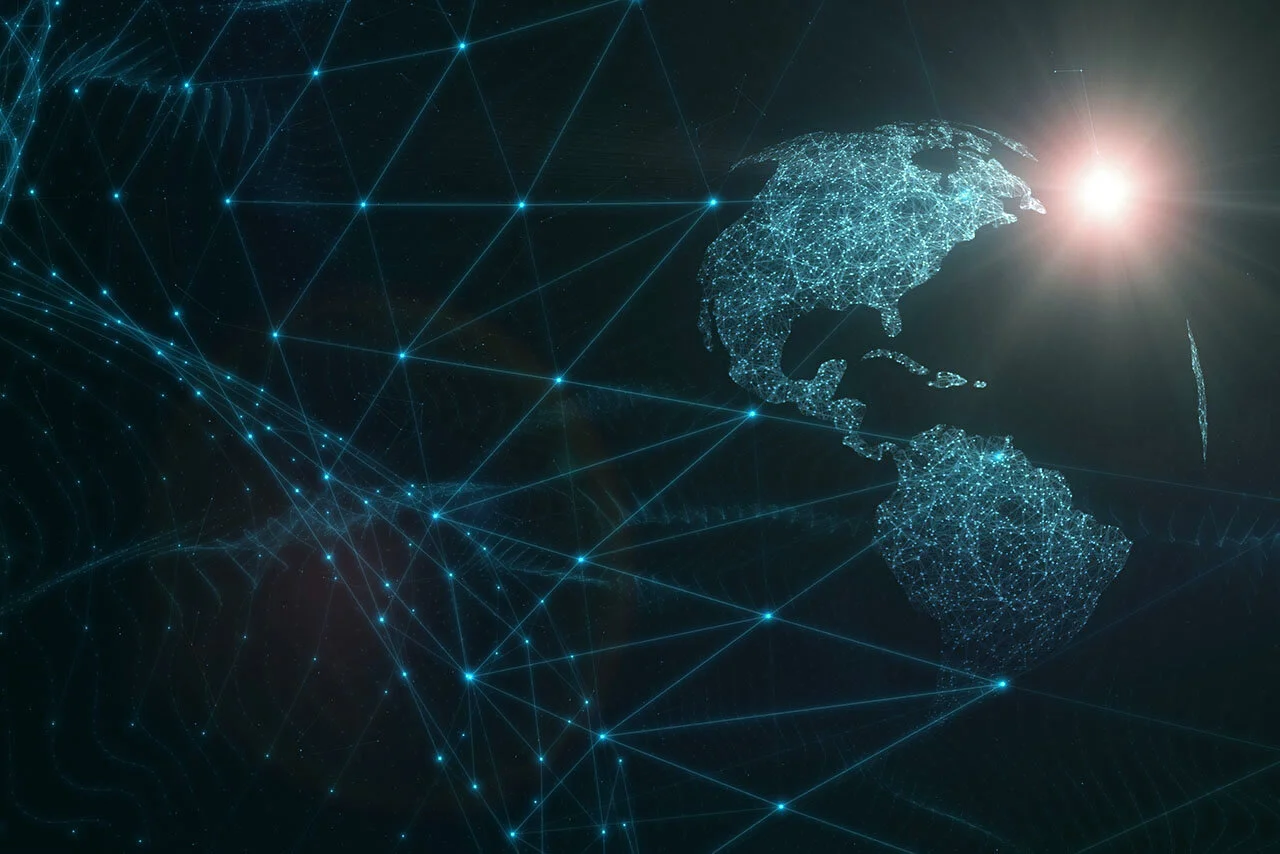The idea that unconscious bias exists in all of us is no longer a question to be asked but rather a scientific matter of fact. And because it is costing the business world $64B dollars annually in the rehiring process alone means that companies are finally ready to talk about it and understand how their human resources and diversity & inclusion staff can mitigate its impact. The true cost of unconscious bias includes the human resources to rehire, decreased productivity due to low employee satisfaction, as well as the loss of potential talent unwilling to even apply to work for employers with negative diversity and inclusion reports. Beyond these business indicators, the social and emotional cost of unconscious bias on our world is far too great to even hypothesise at this stage.
Read MoreBlockchain is not just a financial technology though it will revolutionise the way we bank and transact and even think about money. Blockchain is an industrial revolution that is going to change the face of our planet and the way we live our lives. But in order for us to understand even a fraction of the transformative power of blockchain technology, we have to start thinking of it as belonging to the category of technologies that sparked industrial revolutions; consider coal, oil, electricity and the internet.
Read MoreWhether peace is to be reached only after unimaginable horrors precipitated by humanity’s stubborn clinging to old patterns of behaviour, or is to be embraced now by an act of consultative will, is the choice before all who inhabit the earth. At this critical juncture, when the intractable problems confronting nations have been fused into one common concern for the whole world, failure to stem the tide of conflict and disorder would be unconscionably irresponsible.
Read MoreAnti-racism is about resolving our personal pain and grief, or our shame and guilt, and actually getting on with the job of recognising the systems, structures and policies that have constructed and reinforced arbitrary racial boundaries over 500 years, and to then begin intelligently envisaging a way to rebalance and redesign our world through a systems-thinking approach to social and organisational change.
Read MoreAs the global movement for climate action gains momentum and environmentalist sentiment enters the public arena, it’s time to check the language of the movement to ensure we are a) being as effective as possible and b) not causing further harm in our advocacy, our activism and our actions.
Read More




